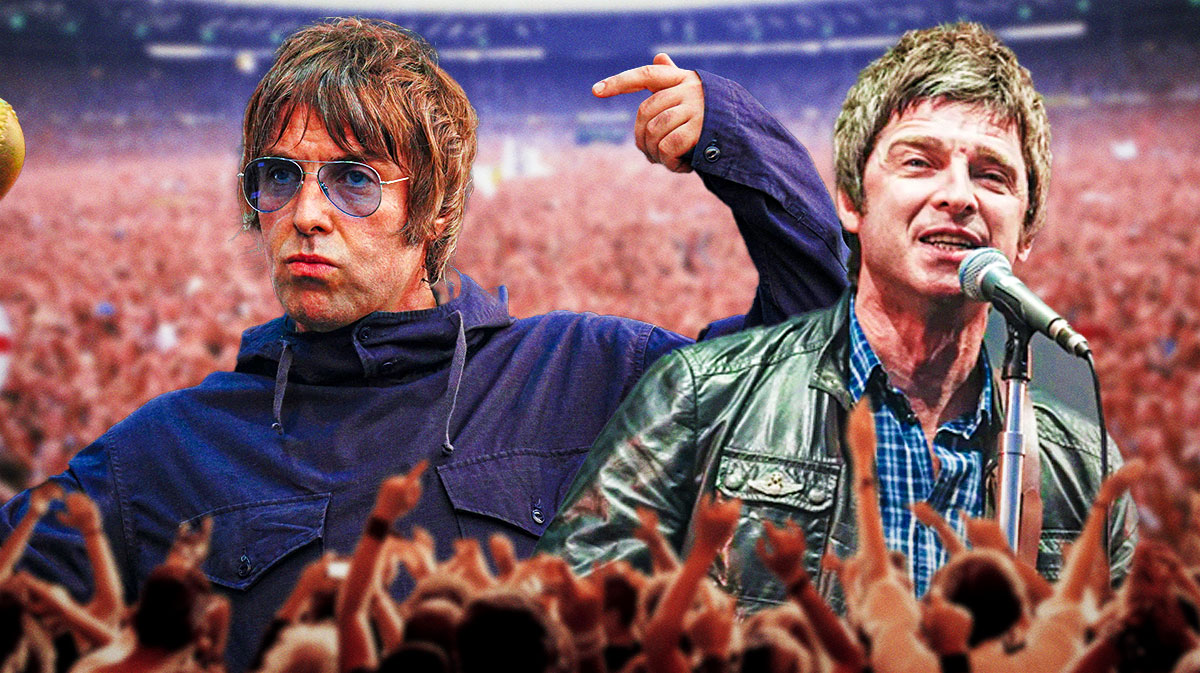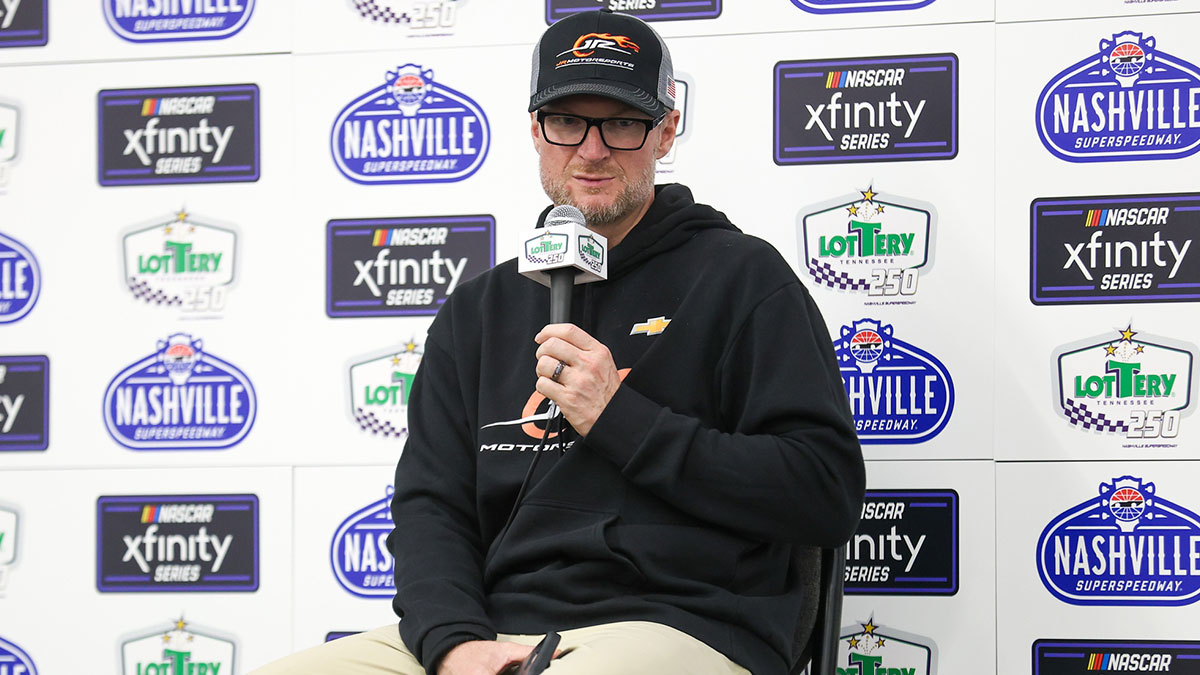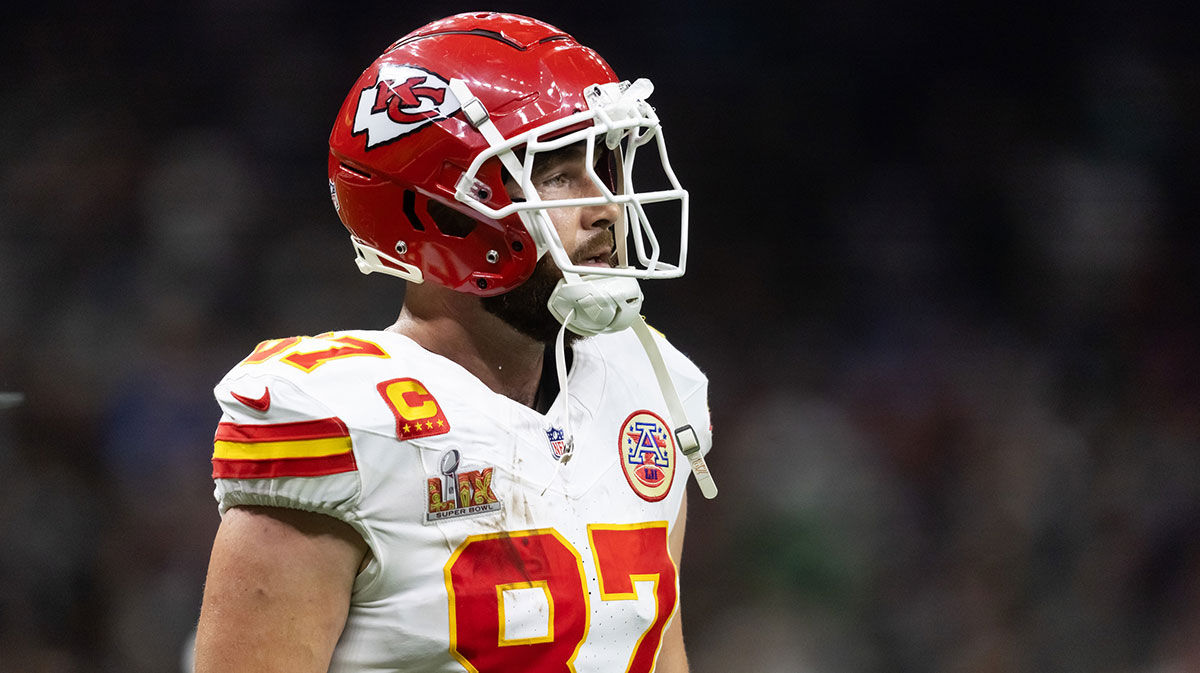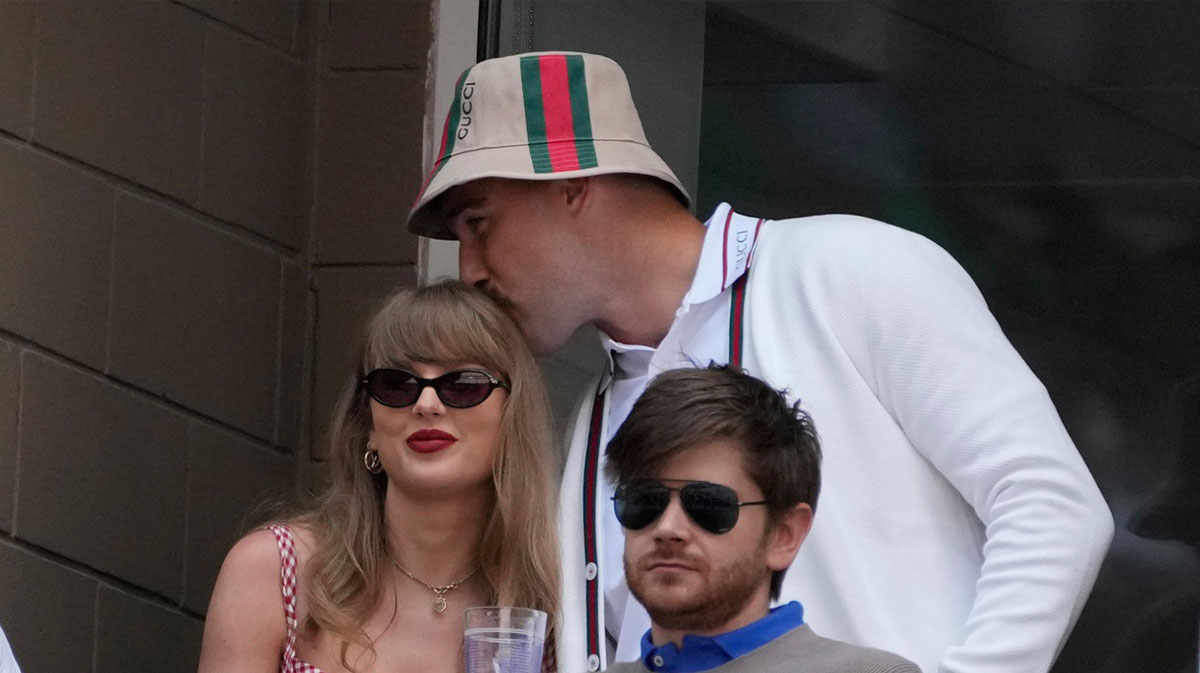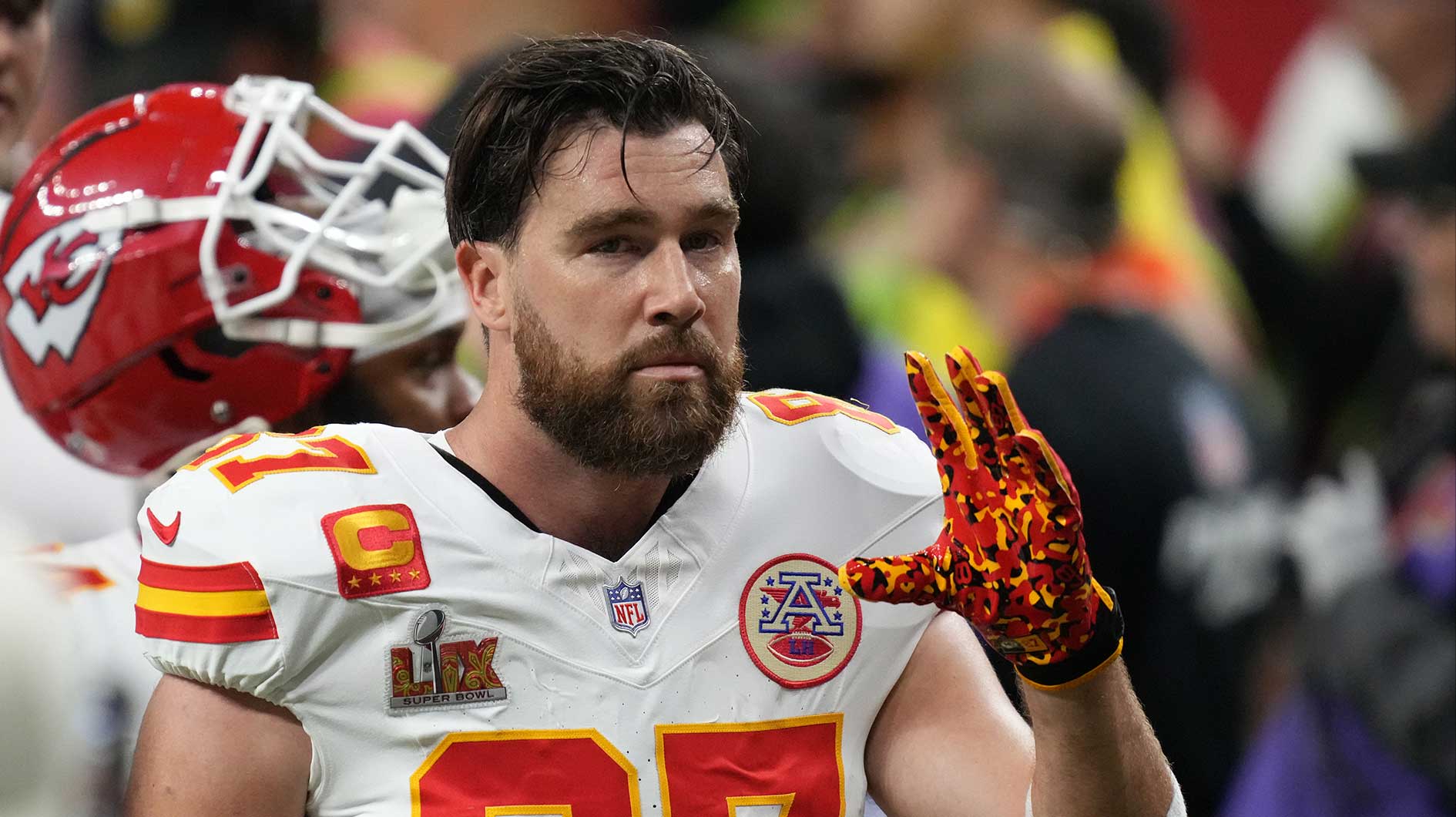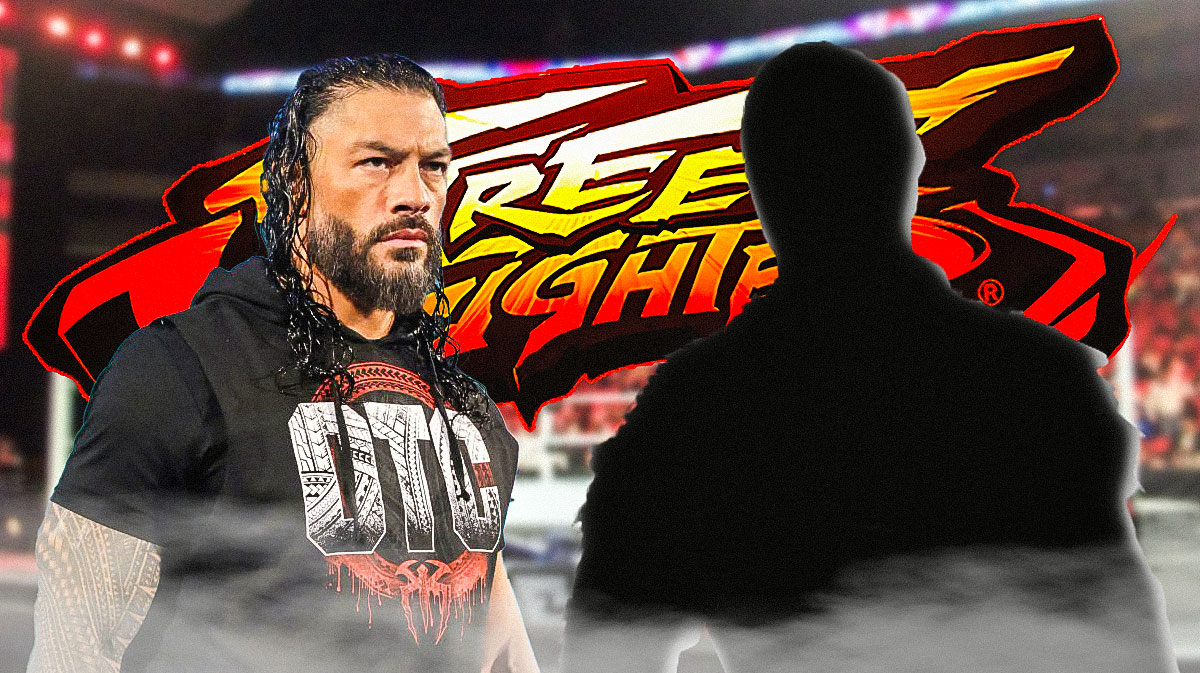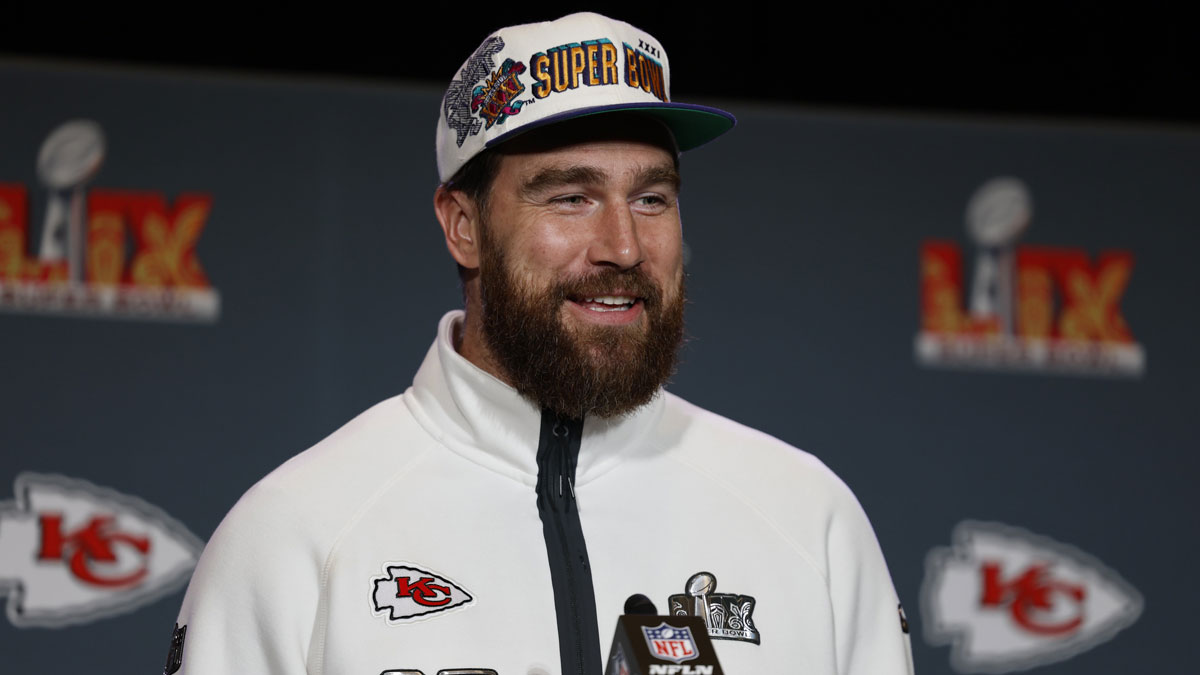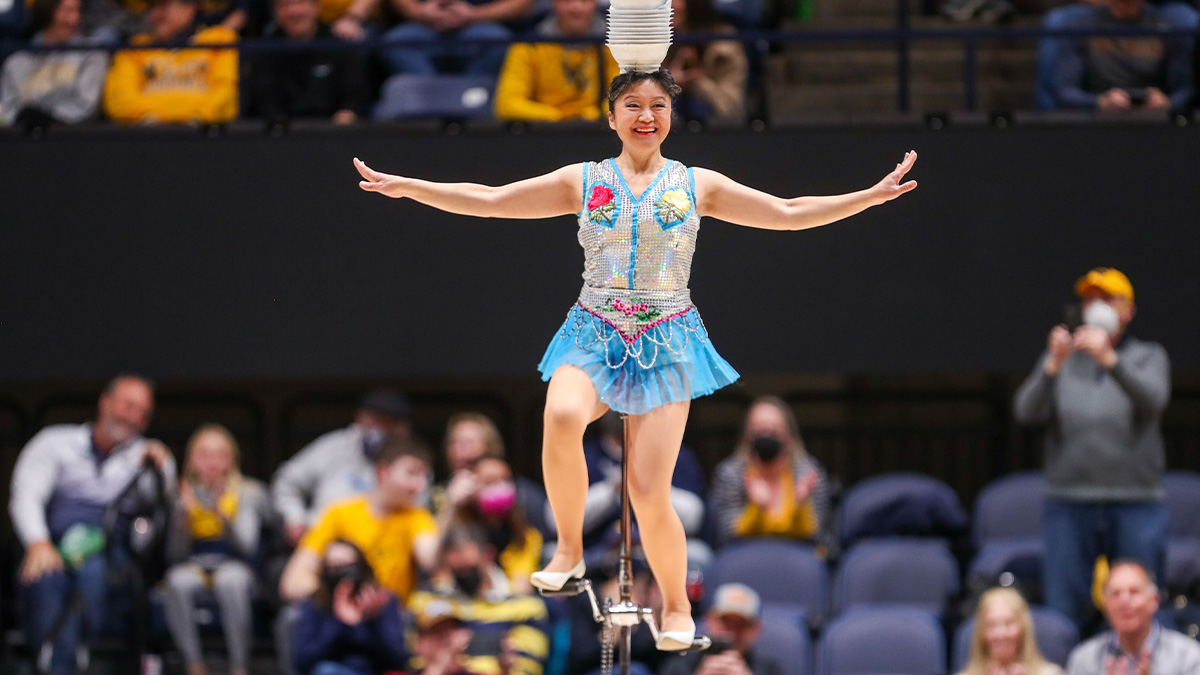In a recent turn of events in Miami-Dade County, Brendan Paul, a 25-year-old associated with music mogul Sean “Diddy” Combs, formally received a cocaine possession charge. Despite his absence from the courtroom, his attorney, Brian Bieber, entered a not guilty plea on his behalf, NBCMiami. This development follows Paul's arrest at Miami-Opa Locka Executive Airport for possession of cocaine and marijuana-laced candy, as stated in a Miami-Dade Police arrest affidavit.
Arrest and Charges
Miami-Dade State Attorneys decided to proceed with the cocaine charge while dropping a possession of a controlled substance charge. Paul, a former Syracuse University basketball player, secured release on bond a day after his arrest on March 26. The police apprehended him carrying illegal substances, which led to a broader investigation involving Homeland Security. This incident links back to a lawsuit filed against Diddy by producer Lil Rod in February, accusing Paul of functioning as a “mule” for acquiring and distributing drugs and guns on behalf of Combs.
The lawsuit paints a complicated picture, intertwining Paul’s legal troubles with larger accusations involving high-profile figures. As the situation unfolded, federal authorities also detained Diddy at a Miami airport, subsequent to raids at his properties across the country, intensifying the scrutiny surrounding him.
Broader Implications and Public Response
The events leading up to and following Paul's arrest have attracted significant media attention, fueled by the implications of his connection with Diddy. Homeland Security's involvement points to serious concerns beyond simple drug possession, linking back to ongoing investigations that might involve other criminal activities. The timing of Paul's legal troubles coincides with federal actions against Diddy, hinting at a potentially larger network of illegal activities.
Public and legal reactions have been intense. Diddy's attorney, Aaron Dyer, has vehemently defended his client, describing the raids on Combs' properties as an “unprecedented ambush” and criticizing the excessive use of force. Dyer's statement emphasized the harsh treatment of Combs' family and employees during the raids, portraying the actions as an overreach by law enforcement.
As authorities continue to build their case, the legal battles for both Paul and Diddy are just beginning. The accusations and subsequent legal maneuvers will likely keep this case in the spotlight, as both the prosecution and defense prepare for a contentious battle over the truth behind the allegations. With Paul's plea of not guilty and the ongoing defense of Diddy's actions, the coming months are set to be filled with legal strategies and revelations that could have significant implications for all involved.
This case underscores the complex interplay between celebrity status, legal accountability, and the personal associations that can often complicate public figures' lives. As more details emerge, the public and legal scrutiny will undoubtedly intensify, drawing more attention to the underlying issues at stake.

